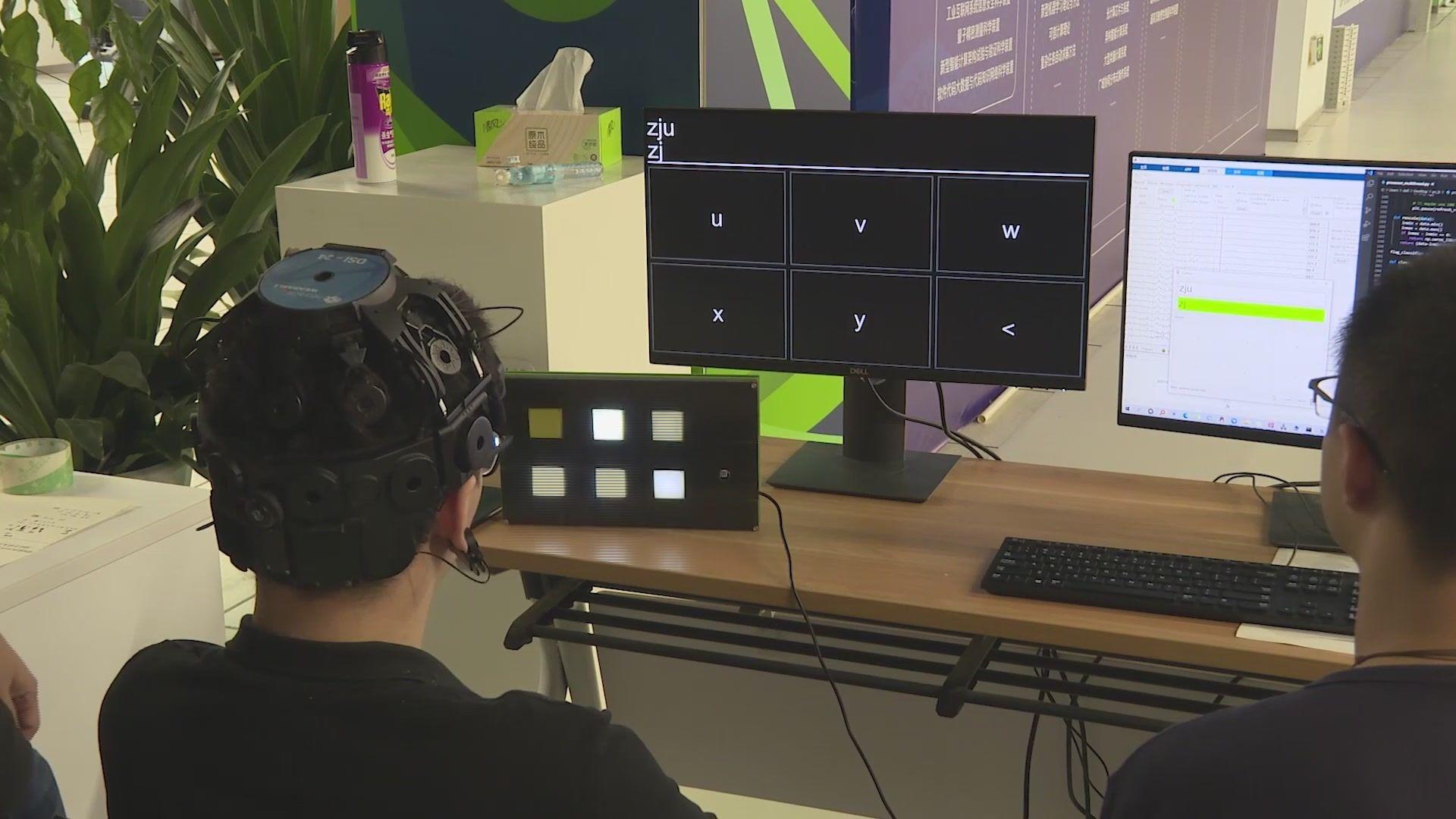BEIJING, Sept. 21 (Xinhua) -- Chinese researchers have developed a neural signal analysis system with memristor arrays, paving the way for high-efficiency brain-machine interfaces, according to Tsinghua University.
Brain-machine interfaces are promising tools for rehabilitation medicine and medical electronics. Most conventional neural signal analysis systems used in brain-computer interfaces are composed of silicon CMOS circuits. However, with the increasing number of recording electrodes, the systems face great challenges in terms of power consumption and delays.
Researchers from Tsinghua University have developed a memristor-based neural signal analysis system and used the system to implement the filtering and identification of epilepsy-related neural signals, achieving an accuracy of over 93 percent. The power consumption of the system is less than one four-hundredth of that of conventional neural signal analysis systems.
The research demonstrates the feasibility of using memristors for high-performance neural signal analysis in next-generation brain-machine interfaces.
According to Wu Huaqiang, memristors are a new type of information processing device. Their working mechanism is similar to that of synapses and neurons in the human brain. With their low power consumption, memristors have promising prospects for future data storage and neuromorphic computing.
The system draws upon work from researchers in the fields of electronics and medical research, and is the product of two years of interdisciplinary cooperation, Wu said.
The research was published in the journal Nature Communications. Enditem




 A single purchase
A single purchase









